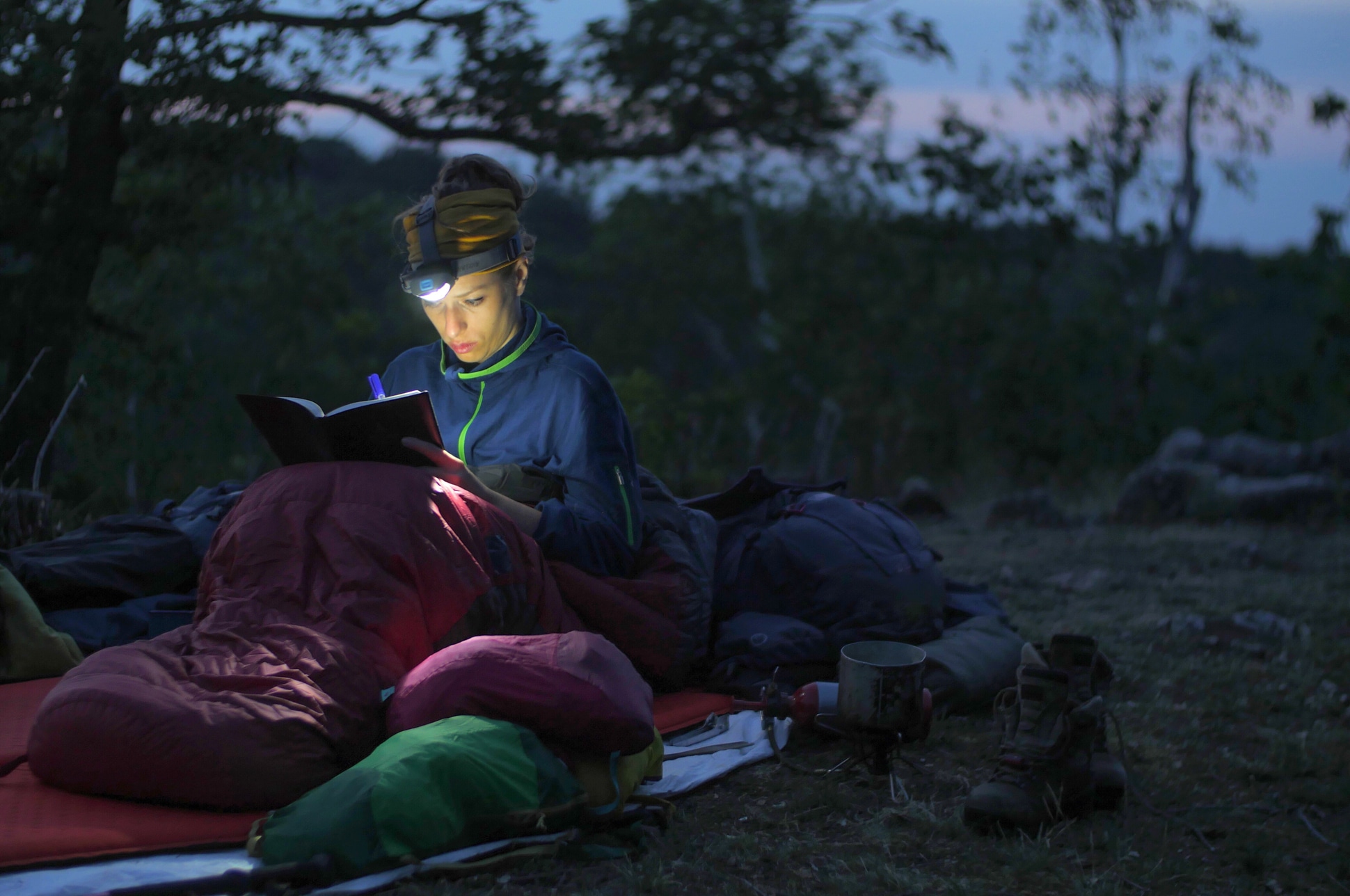What are the challenges of camping near UK archaeological sites and how to respect them?

The UK is home to a wealth of fascinating archaeological sites that provide visitors with a deep dive into the country's rich history. These sites, however, are not immune to the impacts of various human activities, including camping. This article seeks to dissect the challenges of camping near UK archaeological sites and how campers can respect these historical treasures. It will shed light on the importance of adopting responsible camping practices, particularly in Scotland's wild lands where many of these sites are found.
Understanding Access to Land for Camping in Scotland
Accessing the wild for recreational activities is a major component of Scotland's outdoor access rights. These rights, however, come with responsibilities. In Scotland, you can camp on most unenclosed land, but this does not necessarily apply to all archaeological sites.
Sujet a lire : What are the most scenic routes for motorhome camping in the UK?
In recent years, there's been an upsurge in the number of people choosing to camp near these sites. While some do this out of fascination for history, others find the allure of Scotland's natural beauty irresistible. Unfettered access, while good, can lead to potential impacts on these sites, both from a conservation and an archaeological perspective.
Protocols for camping in Scotland are outlined in the Scottish Outdoor Access Code. It states that when camping, individuals must act responsibly, respecting people's privacy and peace and ensuring they cause minimal environmental impact. This is particularly important when camping near archaeological sites, given their immense cultural and historical significance.
A voir aussi : How to camp sustainably near UK wildlife reserves?
The Impact of Camping on Archaeological Sites
It's important to understand what potential impacts camping can have on UK archaeological sites. The primary concern is the unintentional damage to the sites. This damage can happen in various ways, such as driving of tent pegs into the ground, which can disturb archaeological deposits.
Campfires, a staple of a good camping experience, can also pose a threat. Not only do they carry the risk of a wildfire, but they can also cause localized damage to the land and any artefacts that might be below the surface. Leftover litter and waste from campers is another issue, as it can degrade the natural and historical environment.
Also, the sheer number of people that camp near these sites can lead to problems. High footfall can lead to erosion, and the wear and tear of ancient structures or features, thereby diminishing the sites' integrity and value.
How to Camp Responsively Near Archaeological Sites
If you choose to camp near archaeological sites in Scotland, there are steps you can follow to ensure that you leave no trace of your visit. These steps will help protect these sites for future generations, and ensure that everyone can enjoy them without causing damage.
Firstly, choose your campsite wisely. Avoid camping directly on archaeological sites. Instead, camp at a reasonable distance to reduce the risk of accidental damage.
Secondly, when setting up your camp, avoid using tent pegs if possible. If you must use them, make sure to insert them in areas where they will not cause damage.
Thirdly, refrain from lighting campfires. Although they might be part of what makes camping great, fires can cause irreversible harm to archaeological sites. Instead, use a camping stove for cooking.
Lastly, be mindful of your waste. All litter and waste should be taken with you when you leave. This includes human waste, which should be buried at least 30 meters from water sources and away from archaeological sites.
The Role of Education and Awareness
Beyond the practical steps, education and awareness play a vital role in preserving archaeological sites in the UK. If people understand the value of these sites, they are more likely to take steps to protect them.
The onus is on every camper to educate themselves about the sites they will be visiting before setting off on their trip. This includes understanding the historical significance of the site, recognizing potential threats, and learning about the best practices to follow while camping.
Additionally, awareness campaigns by governmental and non-governmental bodies can have a significant impact. By running initiatives to educate the public about the importance of protecting archaeological sites, they can encourage more responsible camping behaviours.
In conclusion, while the freedom to camp on Scotland's wild land is a privilege many enjoy, it must be balanced with the responsibility to protect the country's historical gems. The challenges of camping near archaeological sites are vast, but they are not insurmountable. Through responsible camping practices and heightened awareness, it is possible to enjoy the great outdoors while also preserving the UK's archaeological treasures.
The Future of Wild Camping Near Archaeological Sites
The future of wild camping near archaeological sites in Scotland and across the UK largely depends on how well campers and outdoor enthusiasts adhere to the rules and regulations governing these areas. These rules are primarily designed to preserve these sites and protect them from potential harm.
To enjoy the unique experience of wild camping near these historical treasures, campers must thoroughly understand the Scottish Outdoor Access Code or any other local guidelines that apply. For instance, in Loch Lomond and the Trossachs National Park, different rules apply compared to the rest of Scotland. Here, you might need a permit to wild camp during certain times of the year.
It's necessary to remember that the goal of any access code or guidelines isn't to curb the freedom of campers but to safeguard the archaeological sites. Every camper should be a responsible steward of the land, practicing the "leave no trace" principles, which include respecting wildlife, leaving what you find, and disposing of waste properly.
As an outdoor enthusiast, always seek out information about any site you plan to visit. Will your visit potentially disturb an archaeological site? If so, can you find a camping spot a safe distance away? Many resources can provide this information, including national park websites and local tourist information centres.
Towards a Sustainable Camping Culture in the UK
Encouraging a sustainable camping culture primarily centres on education and mindfulness. Campers, hikers, and other outdoor enthusiasts must understand the importance of archaeological sites and the need to protect them.
Promoting the principles of "leave no trace" is crucial. This approach discourages any activity that could alter the natural environment or damage archaeological sites. This includes avoiding areas where your camp could harm wildlife habitats or historical artefacts, minimising campfire impacts, respecting wildlife, and being considerate of other visitors.
It is everyone's responsibility to maintain these principles and ensure that the UK's archaeological heritage is not only preserved but enhanced for future generations. This requires a collective effort from everyone involved, from individual campers and hiking groups to tour operators and park authorities.
The government, local communities, and organisations can also play a significant role in this. They can run awareness campaigns, organise clean-up drives and educational tours, and enforce stricter regulations where necessary.
In addition, private landowners can contribute to this cause by allowing responsible wild camping on their land. They can provide specific camping spots that are distant from archaeological sites, giving campers an alternative to camping directly on or near these sites.
Conclusion: The Delicate Balance of Enjoying and Protecting
As the trend of wild camping in the UK continues to rise, there's an urgent need to strike a balance. The balance between the freedom to experience the great outdoors and the obligation to preserve these archaeological treasures for future generations.
The challenges of camping near archaeological sites in the UK are immense, but they are certainly not insurmountable. The key lies in responsible wild camping. By following the Scottish Outdoor Access Code or any other local guidelines, you can play a part in preserving these sites.
Education and awareness, along with a strong sense of personal responsibility, are the pillars for tackling these challenges. So, before you pack your tent and set off for your next camping adventure, take a moment to reflect on your impact. Remember, your actions can help to safeguard the UK's archaeological heritage.
As we continue to enjoy the freedom of Scotland's wild lands and other beautiful places across the UK, it is our duty to respect these areas. This way, we keep the window open for future generations to explore, learn and create their own camping experiences in these fascinating sites.
